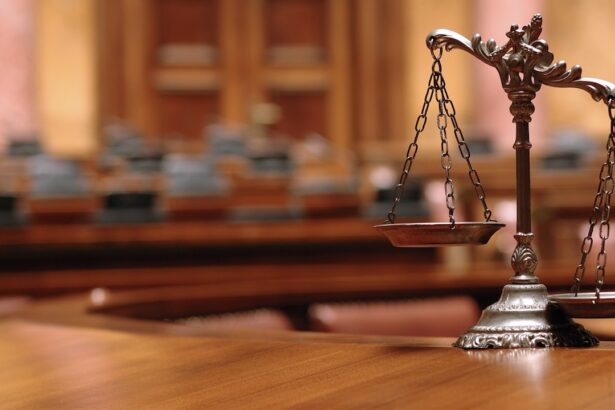The case of Attisso Akakpo v. Ryder Systems brings to light a legal dispute involving negligence claims and evidence disclosure. Filed in 2024, this lawsuit presents complex legal issues, focusing on allegations that Ryder Systems and affiliated entities withheld crucial video evidence related to Akakpo’s claims. Here is a breakdown of the case, its allegations, and the potential implications for both parties.
Case Background and Initial Allegations
Attisso Akakpo filed the lawsuit against Ryder Systems in June 2024. According to Trellis Law records, Akakpo’s complaint centers on claims of negligence and failure to disclose video evidence pertinent to the case. Other defendants in the lawsuit include Farfetch.com USA and GEOTAB USA, Inc., suggesting multiple parties may have been involved in or had access to the alleged evidence.
Primary Allegations by Akakpo:
- Negligence: Akakpo’s suit argues that Ryder Systems and its affiliates acted negligently in handling matters related to the claims.
- Withholding of Evidence: A key component of the case, Akakpo alleges that Ryder failed to provide crucial video footage, which is essential for substantiating claims within the case.
These initial filings indicate a legal argument focused on the accountability and transparency required of corporations when critical evidence is in their possession, particularly in negligence and liability cases.
Legal Motions and Case Developments
Legal documentation on Trellis Law provides insights into the progression of Akakpo’s lawsuit. Various motions, such as protective orders and correspondence exhibits, have been filed to clarify each party’s role and responsibility within the case. The correspondence submitted as Exhibit C details communication between legal representatives and emphasizes Akakpo’s request for full disclosure of relevant evidence.
Key Legal Motions:
- Exhibit C (Correspondence): Correspondence between the attorneys highlights repeated requests for Ryder to provide specific video evidence, underscoring Akakpo’s stance on Ryder’s alleged failure to comply.
- Negligence Claims: Filed motions emphasize Ryder’s duty to adhere to evidence disclosure protocols and maintain transparency in handling sensitive information that could influence case outcomes.
Legal and Corporate Implications
This case underscores significant issues in corporate accountability regarding evidence management and disclosure in civil lawsuits. If Akakpo’s claims are substantiated, Ryder Systems and its affiliates could face repercussions, including reputational damage and legal penalties associated with evidence withholding. Additionally, the presence of multiple defendants suggests potential issues of liability distribution among corporate entities.
Potential Implications:
- Corporate Transparency: This case may set a precedent for disclosure standards in negligence cases involving large corporations, as video and digital evidence become increasingly central in lawsuits.
- Evidence Management in Legal Cases: Ryder Systems’ handling of the requested video evidence could serve as a benchmark for corporate conduct in similar legal matters.
- Multi-Defendant Accountability: With the involvement of companies like Farfetch.com and GEOTAB USA, the court may explore how corporate responsibilities are allocated when multiple parties possess or have access to shared evidence.
Conclusion
The legal battle between Attisso Akakpo and Ryder Systems raises questions about corporate responsibility in the context of negligence and evidence disclosure. With ongoing court motions focused on the transparency of Ryder’s actions, this case could establish new legal standards for corporate conduct in the handling of critical evidence. As proceedings continue, the implications for corporate disclosure practices and accountability may influence future negligence cases involving large entities.

